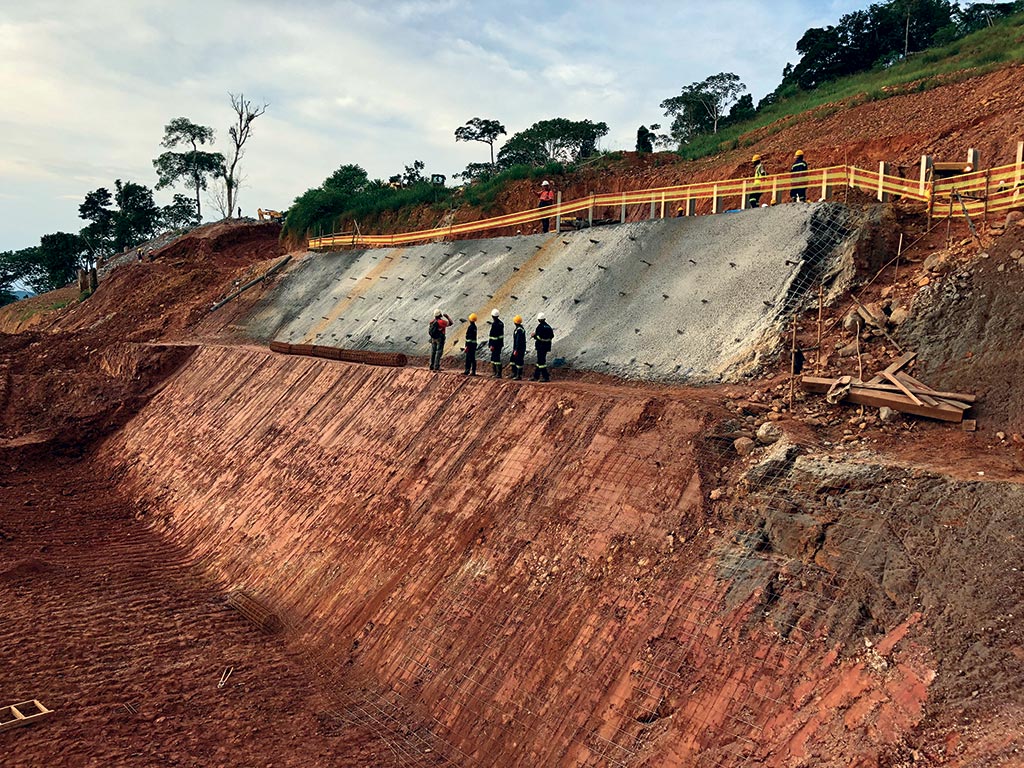Introduction
Alphamin Resources (TSXV: AFM), a key player in the global tin market, has announced a significant reduction in its 2025 full-year tin production forecast. The company now expects to produce 17,500 tonnes, down from the previously projected 20,000 tonnes, citing ongoing conflict in eastern Democratic Republic of Congo (DRC) as the primary cause of disruptions at its Bisie mine.
Impact of Conflict on Operations
The Bisie mine, which accounts for approximately 6% of the world's tin supply, faced a temporary suspension of operations in March 2025 due to the advancement of Rwanda-backed M23 rebels into the nearby town of Walikale. This led to an 18% drop in tin output for the first quarter of 2025, with production falling to 4,270 tonnes compared to 5,237 tonnes in the last quarter of 2024. Although the rebels have since withdrawn, and processing of stockpiled ore has resumed, underground mining operations are not expected to restart until later this month. Last year, the mine produced around 17,300 tonnes of tin, and the revised guidance reflects the impact of these disruptions.
Market Reaction and Broader Context
Following the announcement, Alphamin's shares declined by 1.2% by midday Thursday, resulting in a market capitalization of C$1.05 billion ($760 million). The conflict in eastern Congo has escalated in recent months, with M23 rebels capturing key areas, including Goma, a vital logistics hub for mining operations. This instability poses ongoing risks to the region's mining industry, which is critical to global supply chains for minerals like tin.
Analysis and Perspective
While Alphamin's decision to lower its production forecast is understandable given the security situation, it raises questions about the long-term sustainability of mining operations in conflict zones. The reliance on a single region for a significant portion of global tin supply highlights vulnerabilities in the market. Could this be an opportunity for other tin-producing regions to step up, or will companies like Alphamin need to invest more heavily in security and contingency planning? The broader geopolitical dynamics in eastern Congo, including foreign involvement, also warrant scrutiny, as they could prolong disruptions and impact investor confidence.
